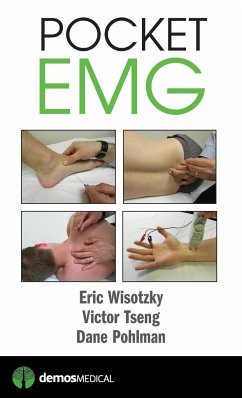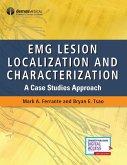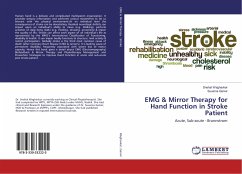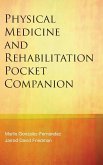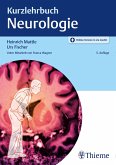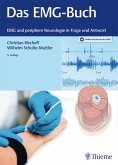Pocket EMG is ultimately another bow in the quiver of references available to Clinical Neurophysiology laboratories. The primary benefit is one of size and is the smallest, most portable EMG reference I have handled... There is certainly no extraneous or unnecessary information clogging up the text, and the table of contents and index are well organized, making it very easy to quickly find the information needed.--Eliot Dimberg, MD, Mayo Clinic, Journal of Clinical Neurophysiology Get immediate access to crucial information about the most common EMG studies. This handy, practical resource designed for quick reference at the point of care covers a wide spectrum of electrodiagnostic tests. Written for both novice and experienced electromyographers, this at-a-glance guide is concise enough to fit in a pocket, yet replete with essential technical detail, pearls, and clinical photos to illustrate proper study set-ups. Pocket EMG covers what you need to know to successfully perform nerve conduction and needle EMG studies in a fast-paced clinical environment. It also includes helpful protocols for specific clinical problems. The first section is devoted to nerve conduction studies and covers sensory and motor studies of the upper and lower extremities, late responses, and other tests including facial motor nerves, blink reflex, and repetitive nerve stimulation. Section two covers needle electromyography and catalogs set-ups for upper and lower extremity tests, paraspinals, and facial muscles. The final two sections contain study protocols for presenting chief complaints or suspected diagnoses, normal values, and high-yield tables and lists. Each test includes a photograph of the proper set-up, indications for performing the test, technical pointers, and physiological considerations. Key Features: Organized consistently and pocket-sized for quick reference in the EMG lab Includes a photo of the proper set-up for each test, indications for performing the test, and clinical pearls and pointers to enhance skills Contains study protocols for common complaints, normal value ranges for individual tests, and high-yield tables and lists
Hinweis: Dieser Artikel kann nur an eine deutsche Lieferadresse ausgeliefert werden.
Hinweis: Dieser Artikel kann nur an eine deutsche Lieferadresse ausgeliefert werden.
